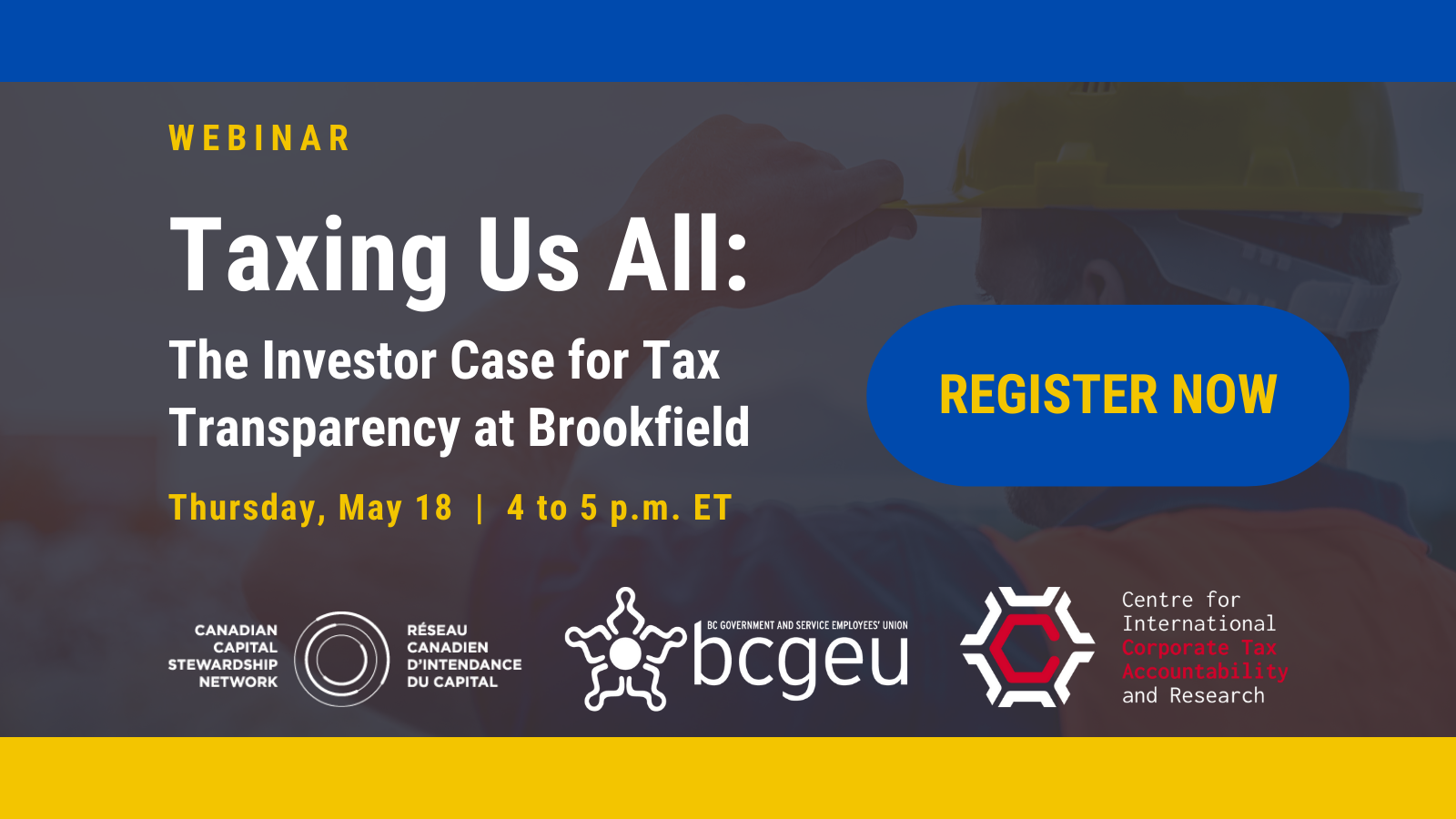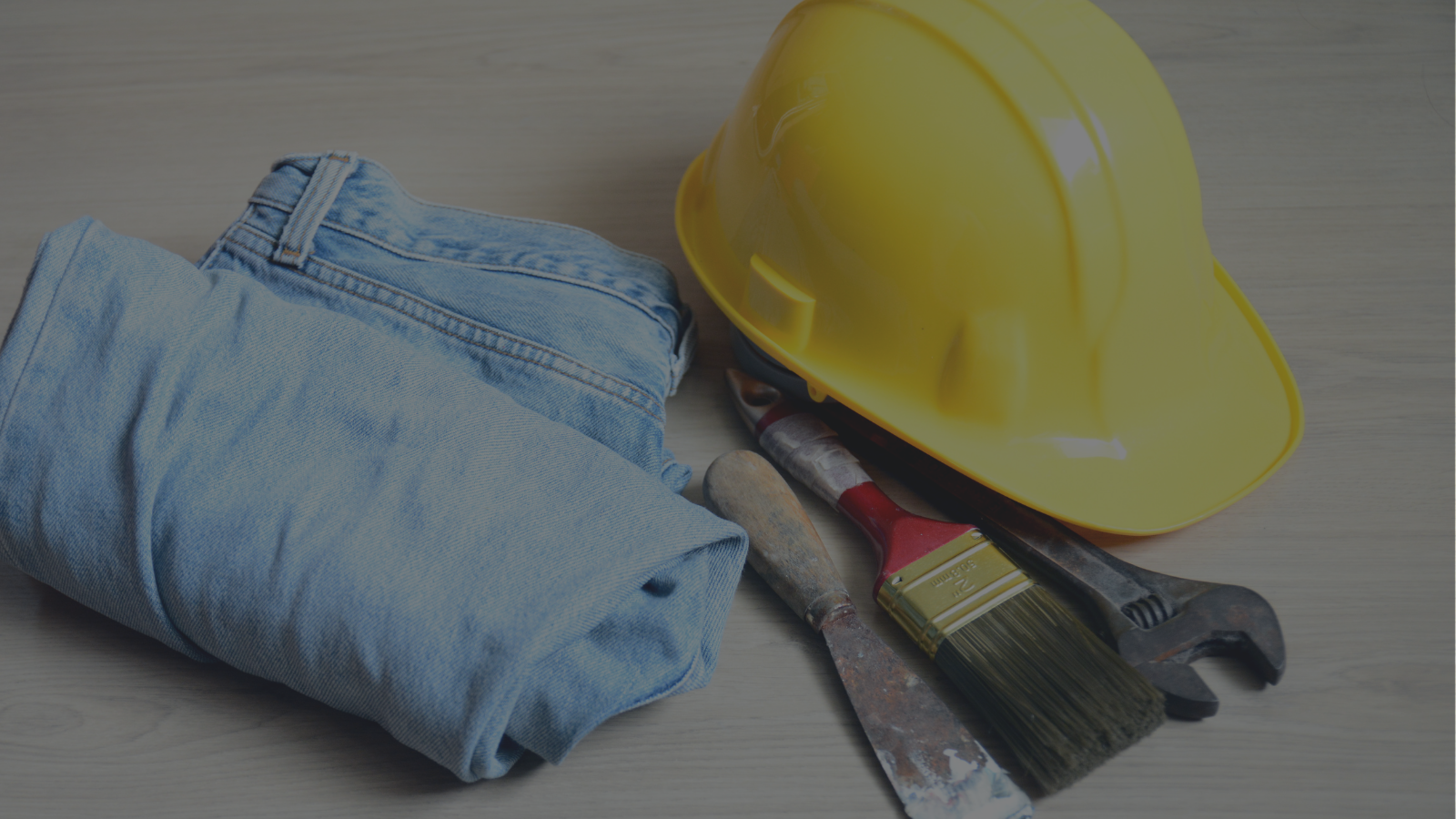The ability of service providers such as security officers and commercial cleaners to provide a healthy and safe environment for all visitors, tenants and building workers is integral to professional commercial real estate management. At no time has this been more clear than during the ongoing COVID-19 pandemic.
Cleaning common touch points and social distancing are two of three main mitigation strategies for COVID-19 according to the Centre for Disease Control (CDC), World Health Organization (WHO) and Government of Canada guidelines. As buildings close and reopen during this time of uncertainty, their sustained use depends on their users’ confidence that proper social distancing, cleaning and disinfection practices are in place. Building health and safety standards are now clearly at the core of pandemic risk management plans across real asset portfolios.
Exercising the fiduciary duties of prudence, loyalty and the pursuit of competitive rates of return in commercial real asset portfolios during this global health crisis means that particular attention must be given to ensuring that tenants are provided with high quality securityand janitorial services. For service providers such as cleaners and security guards to be able to do their job properly, they must be adequately trained, able to access proper personal protective equipment, appropriately supported, fairly compensated and provided with decent working conditions.
Historically, the janitorial sector is characterized by low wages and poor working conditions in most jurisdictions in Canada. Now, as this previously marginalized group of workers is considered essential, the conditions in which they work are a matter of public safety. As stated by the Cleaning Accountability Framework, cleaners are our frontline defence against the coronavirus.
The following principles form the basis for a responsible real estate management approach for the commercial real estate in Canada during the COVID-19 pandemic. They draw on principles put forward in a Special Appeal from the United Nations Global Compact, the Building Owners and Managers Association (BOMA) International’s Guide to Building Re-Entry, and BOMA Canada’s guide to Commercial Real Estate, Coronavirus and Re-Entry. They recognize that decent work practices and respect for workers’ human rights are core to risk management – especially at a time when property owners must manage reputational risk arising from increased public scrutiny and when the risks of service disruptions are a matter of public health.
PRINCIPLE 1: Responsible property managers should seek to respond with flexibility, compassion and solidarity to the impact on their employees and business partners, especially small and medium-sized enterprises (SMEs). Efforts to limit financial impacts should not be made at the expense of workers’ rights and welfare.
PRINCIPLE 2: Responsible property managers should seek to ensure a stable continuation of income and benefits despite flexible working arrangements, or an inability to work because of illness, quarantine or caring for a sick family member. They should seek to ensure this continuation of income with special attention to female workers who often take the burden of care and workers in precarious employment situations, such as low-paid workers, contractual workers and workers without any social protection coverage related to work permits and immigration status.
PRINCIPLE 3: Responsible property managers should ensure a safe working environment across their buildings, for employees and contractors. This includes limiting employee exposure to the coronavirus in the workplace through ensuring appropriate staffing levels, establishing personal protective measures and environmental measures. Responsible managers should establish mechanisms for workers to raise concerns and play an active role in adapting systems to ensure their safety.
PRINCIPLE 4: Responsible property managers should draw upon and enforce responsible contractor policies (RCPs) to ensure that contractor practices promote operational efficiency and respect for workers’ fundamental rights.
The COVID-19 pandemic has created an urgent need for companies to adopt best practices to protect their workers, their customers and the communities they serve. In the commercial real estate sector, the pandemic has placed a spotlight on the essential role that service providers such as commercial cleaners play in maintaining public health in buildings. Ensuring that all reasonable measures have been taken to protect this essential workforce is a matter of public safety and must be central to risk management in real asset portfolios.

